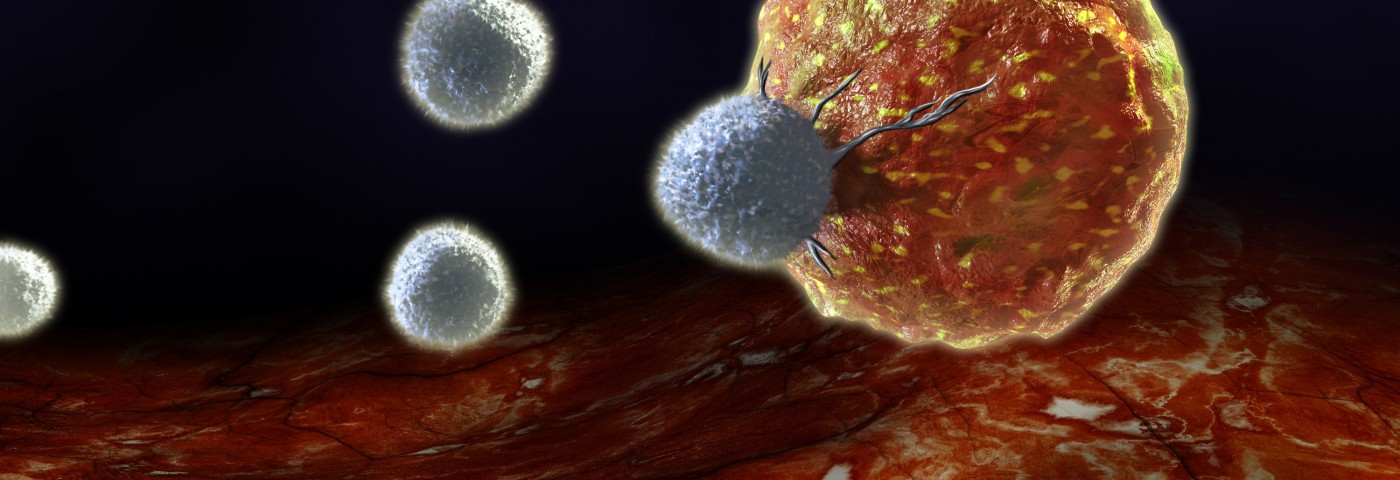Predictive factors for lymphoma development in people with primary Sjögren’s syndrome include the presence of rheumatoid factor and disease activity, in addition to those factors already known, according to research titled “Rheumatoid Factor and Disease Activity Are Independent Predictors of Lymphoma in Primary Sjögren’s Syndrome,” and published in Arthritis & Rheumatology.
Sjögren’s syndrome (SS) is an autoimmune disease in which the immune system attacks the glands that produce saliva and tears, causing dryness of the eyes and mouth. According to the Arthritis Foundation, people with Sjögren’s syndrome are at higher risk — 5 to 9 times that of the general population — of developing non-Hodgkin’s lymphoma (NHL). How the syndrome raises the risk for lymphoma is not exactly known, but scientists suspect the involvement of inflammatory cells that turn cancerous and the ongoing stimulation of immune complexes.
Scientists studied an SS patient population, looking for possible predictive factors of malignancy. The team enrolled 101 people with primary Sjögren’s syndrome and lymphoma, recruited through the Club Rhumatismes et Inflammation network. Each patient was assigned two controls, matched for age and disease duration, with primary SS without lymphoma. The most frequent lymphoma histologic type was B-cell non-Hodgkin’s lymphoma (99 study patients), and lymphomas were most frequently located in the salivary glands (43 patients). Cancer treatment was begun in 87 patients upon diagnosis, and 61 achieved complete sustained remission after first-line treatment with Rituxan (rituximab, Genentech/Biogen Idec) in combination with standard doxorubicin, bleomycin, vinblastine, and dacarbazine. During the study, seven patients died, including five as a consequence of lymphoma progression.
Results revealed that the presence of anti-Sjögren’s syndrome A positivity with or without anti-Sjögren’s syndrome B positivity, the presence of rheumatoid factor, cryoglobulinemia, monoclonal component, and low C4 levels were linked to lymphoma development. The risk for lymphoma increased proportionally to the presence of rheumatoid factor. Moreover, a European League Against Rheumatism (EULAR) Sjögren’s syndrome disease activity index score of five or greater was associated with the greater risk for lymphoma development.
“In addition to previously known factors predictive of lymphoma occurrence, the independent roles of RF and disease activity were demonstrated in this case-control study of primary SS-associated lymphoma. Our findings highlight the roles of chronic antigenic stimulation and disease activity in the development of this severe complication,” the research team concluded.


